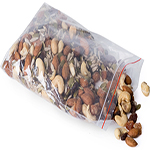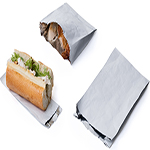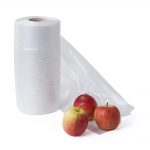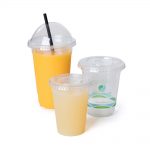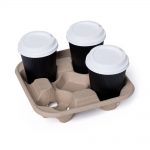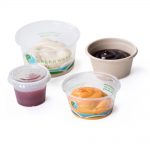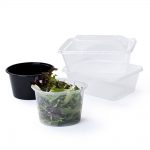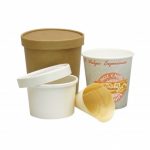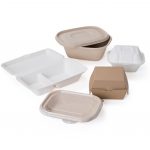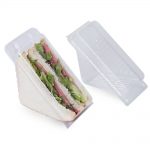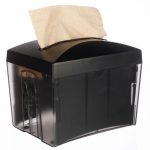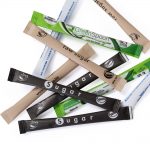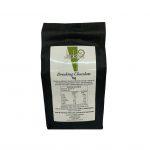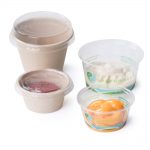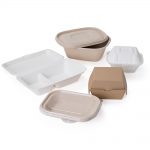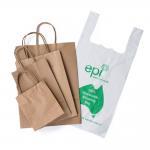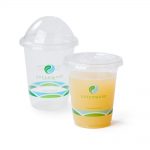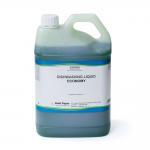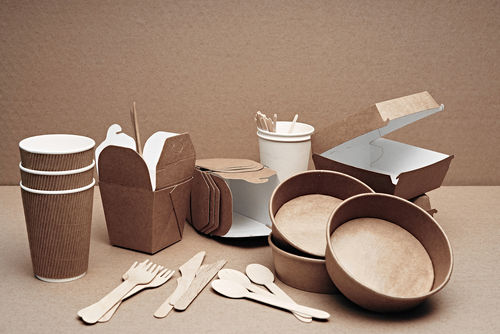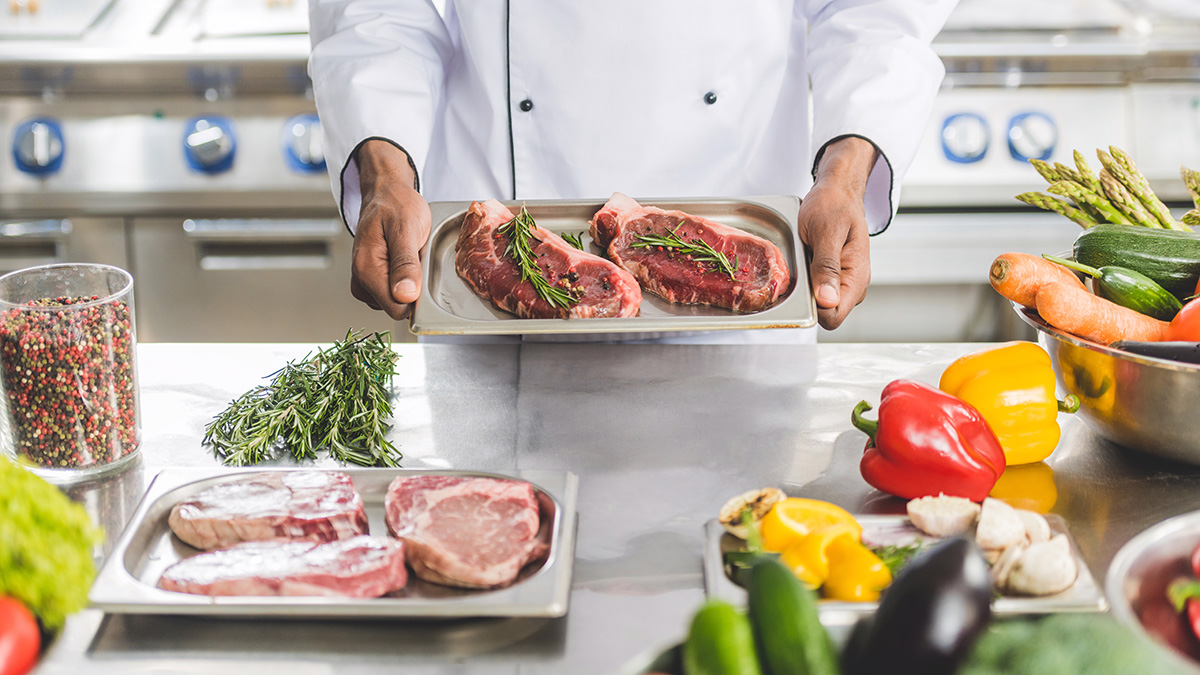Blog Categories
- Tips and Advice (55)
- Sustainability (26)
- Trends and Innovations (25)
- Tutorials and Templates (6)
- Regulations (2)
Regulations
Apr 21
New Regulation Regarding Sustainable Food Packaging Helps Businesses Go Green
Posted on April 21, 2021 by Ash BennettThe Australian Packaging Covenant Organisation (APCO) has recently launched new guidelines that detail best practice in the use of sustainable packaging for the food services industry. The guidelines were developed in close consultation with the government, the food services industry, waste handlers, composters and recyclers, university researchers and community groups. The regulatory framework is designed to provide food services businesses with options for using increasingly sustainable food packaging solutions in their operations. The framework describes in detail a plethora of materials and recyclability, waste capture and handling and alternative delivery models for use in the food services industry. These elements of sustainability are all recommended to lessen instances of single-use packaging being used in the food services sector. Single-use packaging is unsustainable and often takes up significant room in landfill, which, in turn, damages local ecosystems. It takes decades to break down organically. The production of non-sustainable food packaging also requires the production of significant volumes of greenhouse gasses which causes global warming. “Food service businesses are facing unprecedented pressure and confusion, as they navigate not only the growing consumer backlash against problematic and single-use plastics, but also a rapidly changing marketplace that’s inundated with new materials and disruptive models,” said Brooke Donnelly, CEO of APCO. The APCO guide delivers a step-by-step approach that any food service organisation can follow to minimise packaging waste and to improve their rate of recycling and composting. An organisation can work through the steps outlined in the guide in chronological order if they have opened recently. If a business has already started making changes, then the guide can be used to review progress, identify opportunities for improvement, and take action to improve packaging sustainability. The action steps outlined in the guide are as follows:
- Establish the case for improving the sustainability of the businesses’ packaging.
- Determine what packaging is used across the business and where it ends up.
- Identify options for improvement.
- Implement sustainable packaging initiatives.
- Track and review progress.
Mar 16
What Happens to Food Businesses After COVID-19?
Posted on April 20, 2021 by Ash BennettLately the restrictions have been light especially for restaurants, cafes and other places where people gather . And once most of us become vaccinated, we will be back on full business because more people will be confident to go out and visit their favourite cafes and restaurants.
What happens to food businesses after COVID-19
Food service outlets will surely benefit from these more customers coming in. It’s especially the case for dine-in customers who surely missed going out and interacting with different people (or just enjoying a different kind of environment). On the other hand, takeaway food service will remain or become even stronger as demand might significantly increase for the coming months.
In both cases, a few practices we’ve applied during the restrictions will stay for the coming months and years. This is because we’ve become more aware of infectious diseases and microbes. As a result, expect many of the cleaning and disinfection practices to stay (it’s time to review your present supply of cleaning, washing and disinfection products). Also expect for eco-friendly packaging to stay in everyday food business operations. Although we’re still aware of the health risks and threats from coronaviruses and other microbes, we can’t just forget about the environment. Today we can get into a great start by applying responsible practices in the first place.
Also expect for new food standards to come out because COVID-19 has made us review our operations and practices on a business and national level. A panel of experts along with various representatives and stakeholders will review the current food standards and prepare new ones to better respond to future threats and limit contamination. It’s also possible that the way we do business in the first place will change (available area for each customer, requirements for ventilation, requirements for disinfection including how often and which products to use).
In summary, there will always be changes. But those changes will also introduce new possibilities to make our businesses and services better for our customers. More challenges will appear of course, but these challenges will also expand our abilities when it comes to dealing with uncertainty and rapid change.



